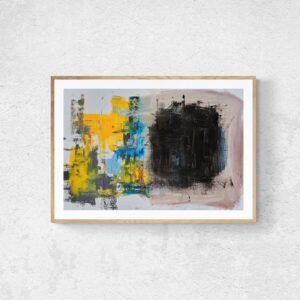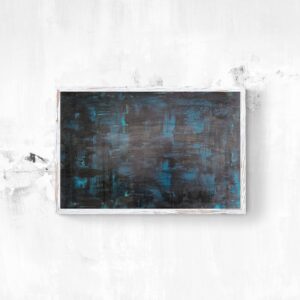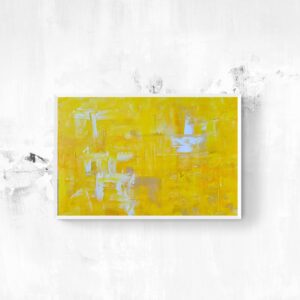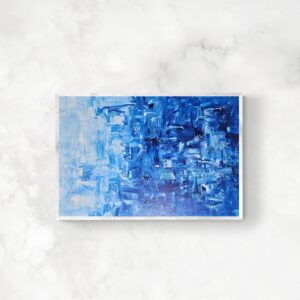
“She, among all of us, was the uniquely gifted one — is the uniquely gifted one.” So avers none other than Philip Glass, minimalist composer extraordinaire. The “she” in question is Meredith Monk, whose unconventional genius epitomized the creative avant-garde during the last stretch of the 20th century. A performance artist, theater director, choreographer, composer, filmmaker, and vocalist, Monk donned a millinery of roles decades before the term “interdisciplinary” became de rigueur.
That Monk is not a household name says much about the sexism she’s faced in her 60-year career, as Billy Shebar’s new documentary, Monk in Pieces, makes clear. While Glass, among other male contemporaries, was heralded for creative innovation, Monk was frequently panned by the critics. An especially cringey exchange on a 1981 public access talk show comes halfway through the documentary, when the host, Richard Pyatt, compares Monk’s singing to the “sounds we used to make as kids.” He goes on to jest about her sex appeal as she politely endures his condescension.
Monk in Pieces opens with an image of hammers clinking against masonry nails on a brick wall, a fitting backdrop for an artist whose signature vocals are at once melodious and dissonant. When the orange-vested men back away, the wall explodes into dust. It’s the first shot of Book of Days from 1988, a narrative film that Monk directed about a clairvoyant Jewish girl in the Middle Ages. As we soon learn, prescience is of a piece with the artist’s larger creative vision.

“Meredith was doing things that were boundary breaking,” asserts David Byrne, one of the film’s many eminently offbeat talking heads — including Lanny Harrison, Björk, Ping Chong, and John Schaefer. Archival and contemporary interviews reveal a complicated figure whose uncompromising artistic standards could be as difficult for her collaborators as they were motivating. “It was something that happened and passed,” laughs Harrison about a time she bit Monk’s hand to protest her scrutiny during a 1973 performance of Education of a Girlchild. “She got the message.”
Fast forward to 1990’s Atlas, the experimental opera commissioned by the Houston Grand Opera that went way over budget, and suddenly the highbrow critical cognoscenti seemed to get it. To be sure, Monk’s wild ululations aren’t for everyone. (I will say, my terrier’s ears perked up whenever certain notes emanated from the TV speaker.) But her willingness to be advisedly strange with her voice and body made room for those to follow in her wake. Atlas would be remounted for the LA Philharmonic in 2019, and Monk would receive a National Medal of Arts from Barack Obama in the years leading to the event.
For those unfamiliar with Monk (this critic included), Monk in Pieces serves as an apt corrective, a vibrant mosaic of her life and work that both honors her prolific output and celebrates her singular vision. Still making and performing work as an octogenarian — including the delightful 2023 “Teeth Song,” set to what can only be called dental percussion — she doesn’t seem to be slowing down. If the world wasn’t ready for her in the ’80s, then maybe it is now that she’s in her 80s. “I keep on thinking about what’s meaningful in this life,” Monk shares from the same Tribeca loft studio she converted in the early ’70s. “To me, doing the work is still meaningful. All the other stuff falls away.”

Monk in Pieces, directed by Billy Shebar, is screening at the IFC Center (323 Sixth Avenue, West Village, Manhattan) through August 14 and in select cities through October.





